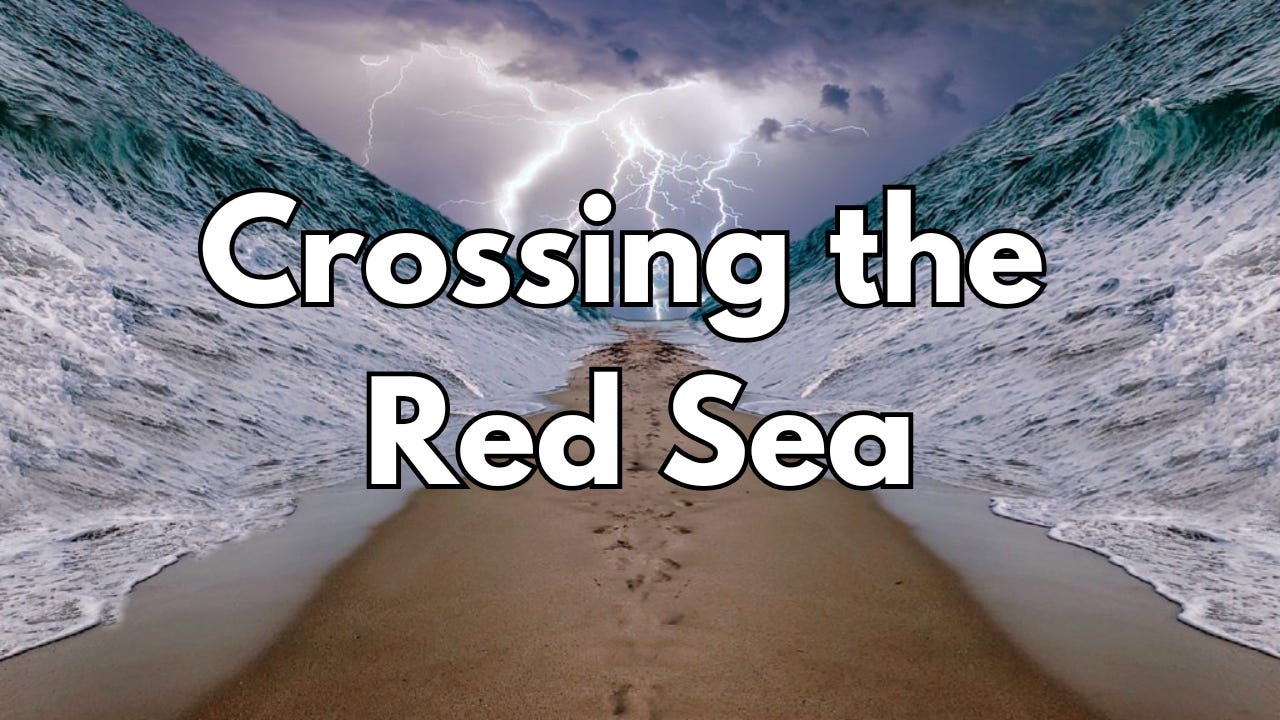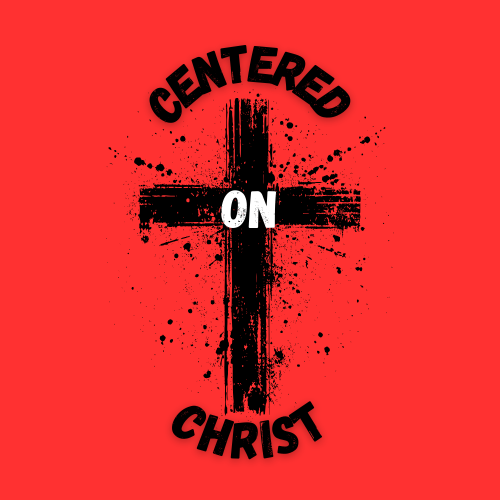The results of the tenth plague—the death of the firstborn—were disastrous for the Egyptians. After the plague, “there was a great cry in Egypt, for there was not a house where there was not one dead” (Exodus 12:30).
In response, Pharaoh “called for Moses and Aaron by night, and said, ‘Rise, go out from among my people, both you and the children of Israel. And go, serve the Lord as you have said’” (v. 31).
Pharaoh no longer acted as if he did not know the Lord. God’s power was evident (Exodus 9:16), and He executed judgment on both Pharaoh and the gods of Egypt (Exodus 12:12).
The Lord Leads the People.
Although God chose Moses to lead the people from bondage, the Lord remained in control.
As the Israelites were exiting Egypt, God directed them toward the Red Sea rather than through the land of the Philistines (Exodus 13:17-18). This longer route to the Promised Land kept the nation from facing immediate war. Even so, it also forced them to rely completely on God’s direction, protection, and provisions.
God provided direction for the people by going “before them by day in a pillar of cloud to lead the way, and by night in a pillar of fire to give them light” (v. 21).
He protected them by not only standing between Israel and her enemies (Exodus 14:19) but also by opening a way of escape through the Red Sea (vv. 21-22).
And He provided for the children of Israel by giving them “bread from heaven” (Exodus 16:4) and water (Exodus 17:6).
The People Doubt the Lord.
Having witnessed God’s power demonstrated through the ten plagues, the Israelites should not have doubted His ability to deliver them from the Egyptians.
Nevertheless, when Pharaoh pursued Israel into the wilderness with “six hundred choice chariots, and all the chariots of Egypt with captains over every one of them” (Exodus 14:7), the people bemoaned their situation and questioned Moses’ leadership by asking:
“Because there were no graves in Egypt, have you taken us away to die in the wilderness?” (v. 11).
Moses Trusts in the Lord.
The Israelites’ question reflected their lack of understanding and faith.
Pharaoh pursued the nation because God hardened the king of Egypt’s heart (Exodus 14:8), and God intended to use Israel’s supposed predicament to exalt His name (v. 4). The One who delivered them from their bondage would also deliver them from their pursuers.
Moses understood this truth, even if he was unaware of how God would accomplish it. His confidence in God stands in stark contrast to the Israelites’ mistrust. He told the frightened Hebrews:
“Stand still, and see the salvation of the Lord, which He will accomplish for you today. For the Egyptians whom you see today, you shall see again no more forever. The Lord will fight for you, and you shall hold your peace” (vv. 13-14).
The Lord Protects the People.
Moses’ words proved true when the Lord “made the sea into dry land, and the waters were divided” (Exodus 14:21).
While God kept their enemies at bay, the entire nation was able to cross without incident. Only after Israel was safe did the waters of the Red Sea fall upon the Egyptians.
Reporting this great victory, Exodus 14:27 states:
“So the Lord overthrew the Egyptians in the midst of the sea.”
Of all the events associated with the Exodus, the crossing of the Red Sea is one of the most memorable. God both protected His people and defeated their enemies in one fell swoop.
It is little wonder news of Israel’s Red Sea crossing spread far and wide. It was a story told and retold by both Jews and Gentiles.
Forty years later, Moses reminded the Israelites of the event (Deuteronomy 11:2-7).
Rahab and the people of Jericho also knew about it and were afraid (Joshua 2:10).
And even after the return from Babylonian captivity, penitent Jews referred to the event (Nehemiah 9: 9-12).
In the New Testament, the author of Hebrews declared:
“By faith they passed through the Red Sea as by dry land, whereas the Egyptians attempting to do so were drowned” (Hebrews 11:29).
Chad Ramsey preaches for the Gloster Street Church of Christ in Tupelo, Mississippi. You can access their Bible classes and Chad’s sermons on Gloster Street’s YouTube page.
Chad was - and still is - “my preacher” from when I spent my high school and early college years at Gloster Street. I’m thankful to be able to share some of his writings with you.






God is and will do the same today.